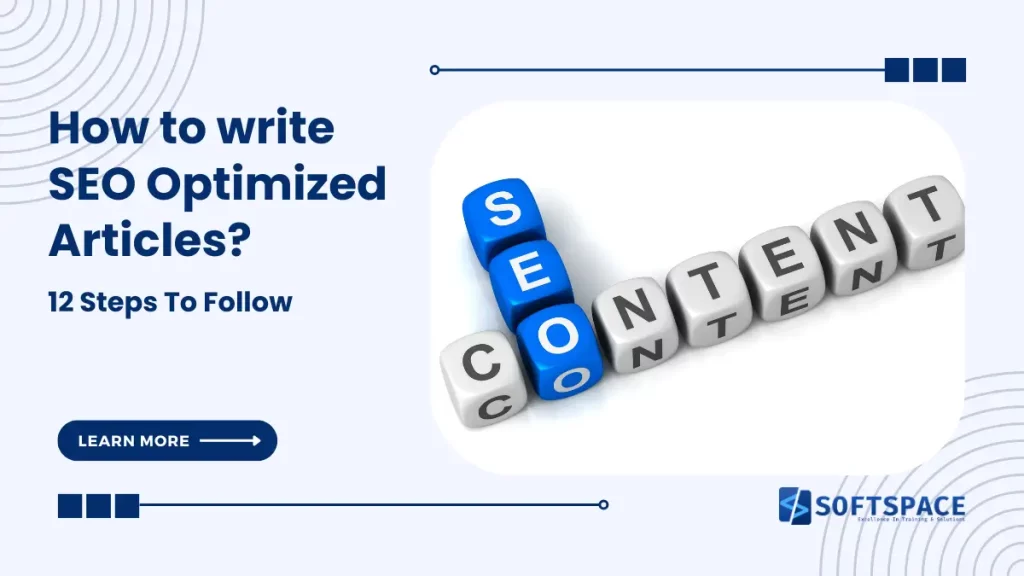Unlock the secrets of SEO success with powerful H1 tags – learn how to boost your website’s visibility today!

Image courtesy of via DALL-E 3
Table of Contents
Introduction to H1 Tags
When it comes to creating a successful website, you may have heard the term “H1 tags” thrown around in discussions about SEO. But what exactly are H1 tags, and why are they so important for making sure your website gets noticed by search engines? Let’s break it down in a way that’s easy to understand, even for an 11-year-old like you.
What is an H1 Tag?
An H1 tag is like a secret code that tells search engines, such as Google, what the main topic of a webpage is all about. It’s a piece of code that helps search engines understand the most important heading on a page. Think of it as the title of a book – it gives a clear idea of what the page is going to be about.
Why H1 Tags Matter
Now, you may be wondering why these H1 tags are so crucial. Well, imagine you’re looking for information on your favorite topic, let’s say dinosaurs. When you type “dinosaurs” into a search engine, you want to find the best websites with the most relevant information. H1 tags help search engines figure out what your webpage is all about, making it more likely to show up at the top of search results. In short, using H1 tags properly can help your website rank higher and get more visitors!
How to Write a Good H1 Tag
An H1 tag is like a headline for your webpage. It should be short and clear, telling people and search engines what your page is all about in just a few words. For example, if your webpage is about funny cat videos, your H1 tag could simply say, “Funny Cat Videos.”
Use Important Keywords
Keywords are the words and phrases people type into search engines when looking for information. It’s crucial to include relevant keywords in your H1 tag to help search engines understand what your page is about. For instance, if you want your webpage about healthy smoothie recipes to show up in search results, make sure to include key phrases like “healthy smoothie recipes” in your H1 tag.
Common Mistakes to Avoid
One common mistake people make when writing H1 tags is being too vague. Your H1 tag should clearly and concisely indicate what the page is about. Avoid generic phrases that don’t provide specific information. Instead, use keywords that accurately reflect the content of the page to help search engines understand its relevance.

Image courtesy of nestify.io via Google Images
Using More Than One H1 Tag
Another mistake to avoid is using more than one H1 tag on a single page. Each page should have only one H1 tag, as it serves as the main heading that tells search engines and users what the page is about. Using multiple H1 tags can confuse search engines and dilute the focus of your page, potentially impacting its SEO performance.
Examples of Great H1 Tags
Let’s take a look at some real examples of great H1 tags from popular websites. These examples showcase how to effectively use keywords, length, and clarity to optimize SEO:
1. Example 1: On a travel website, the H1 tag “Plan Your Dream Vacation Today” effectively conveys the main topic of the page while incorporating key search terms like “vacation” and “plan.”
2. Example 2: For a recipe blog, the H1 tag “Delicious and Easy Pasta Recipes for Busy Weeknights” captures the essence of the content with specific keywords like “pasta recipes” and “busy weeknights.”
Breaking Down the Components
Now, let’s break down why these examples of H1 tags work well:
1. Keywords: Both examples include relevant keywords that align with what users might search for.
2. Length: The H1 tags are concise and direct, providing a clear indication of the page’s content.
3. Clarity: The language used in the H1 tags is straightforward and easy to understand, making it user-friendly and attractive to search engines.
Tools to Help You Write H1 Tags
One fantastic tool to help you write stellar H1 tags is an online analyzer. These are free and user-friendly tools that analyze the effectiveness of your H1 tag in terms of SEO. They can provide valuable insights into whether your tag is hitting the mark in terms of length, keyword usage, and relevance. By simply inputting your H1 tag into one of these analyzers, you can quickly see how well it aligns with best practices and make any necessary adjustments.

Image courtesy of softspacesolutions.com via Google Images
Keyword Planners
Another valuable tool in your arsenal for crafting exceptional H1 tags is a keyword planner. These tools assist you in selecting the most appropriate and relevant keywords to include in your tag. By identifying the keywords that are most commonly searched for in your industry or topic, you can ensure your H1 tag is optimized for maximum visibility. Keyword planners help you choose the right words to include in your H1 tag so that it resonates with your target audience and boosts your SEO rankings.
Testing and Adjusting Your H1 Tags
Once you’ve implemented your H1 tags, it’s essential to track how well they are performing. Tools like Google Analytics can provide valuable insights into the effectiveness of your H1 tags. By monitoring metrics like click-through rates and user engagement, you can see if your H1 tags are attracting the right audience to your website.
Making Adjustments
If you find that your H1 tags are not delivering the desired results, don’t worry! You can always make adjustments to fine-tune them. This might involve tweaking the wording to better reflect your content, incorporating more relevant keywords, or even changing the overall structure of the tag. Remember, SEO is an ongoing process, so don’t be afraid to experiment and see what works best for your website.
FAQs about H1 Tags
An H1 tag is like the title of a book. Just like a book only has one main title, a webpage should also have only one H1 tag. Having multiple H1 tags can confuse search engines and make it harder for them to understand what your page is about. So, it’s best to stick to one H1 tag per page to keep things clear and organized.

Image courtesy of www.metricmarketing.com via Google Images
What Happens If I Don’t Use an H1 Tag?
If you don’t use an H1 tag on your webpage, it’s like having a book with no title. Without a clear title, search engines may have a harder time figuring out what your page is about. This can make it less likely for your page to show up in search results when people are looking for information related to your content. So, using an H1 tag can help search engines understand your content better and improve your chances of being found online.
Want to turn these SEO insights into real results? Seorocket is an all-in-one AI SEO solution that uses the power of AI to analyze your competition and craft high-ranking content.
Seorocket offers a suite of powerful tools, including a Keyword Researcher to find the most profitable keywords, an AI Writer to generate unique and Google-friendly content, and an Automatic Publisher to schedule and publish your content directly to your website. Plus, you’ll get real-time performance tracking so you can see exactly what’s working and make adjustments as needed.
Stop just reading about SEO – take action with Seorocket and skyrocket your search rankings today. Sign up for a free trial and see the difference Seorocket can make for your website!
Summary and Final Tips
Recap of Key Points
In this article, we’ve covered the essential aspects of H1 tags and their significance for SEO. Here’s a quick recap of what we’ve learned:
- An H1 tag is a code that tells search engines the main topic of a webpage.
- Using relevant keywords in your H1 tag can help improve your website’s ranking in search results.
- It’s crucial to keep your H1 tags concise, specific, and unique for each page.
- Avoid common mistakes like being vague and using multiple H1 tags on a single page.
- Tools like online analyzers and keyword planners can assist you in crafting effective H1 tags.
- Testing and adjusting your H1 tags using tools like Google Analytics can enhance their performance.
Final Thoughts
As you embark on optimizing your H1 tags for better SEO, remember that consistency is key. Ensure that your H1 tags accurately reflect the content of your web pages and align with your overall SEO strategy. By following the guidelines outlined in this article and staying updated on SEO trends, you can boost your website’s visibility and attract more visitors.
Don’t forget to regularly monitor the performance of your H1 tags and be prepared to make adjustments as needed. With dedication and attention to detail, you can master the art of writing effective H1 tags that bring your content the recognition it deserves. Happy optimizing!







